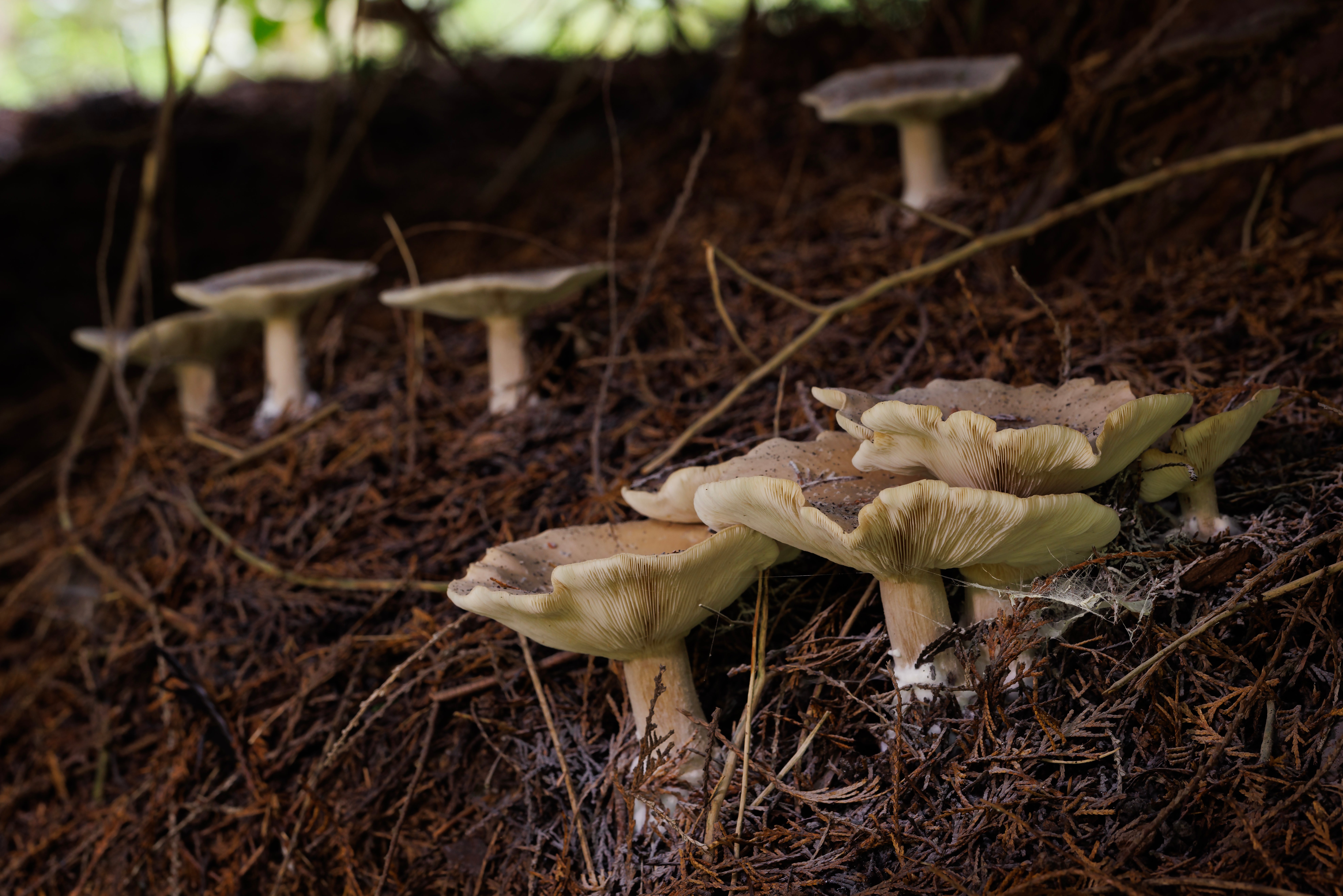Food scientists have discovered a mushroom chemical they say is the most bitter substance known thus far, a finding that sheds light on how the tongue helps us perceive taste.
Researchers at the Leibniz Institute for Food Systems Biology in Germany extracted three compounds from Amaropostia stiptica mushroom and studied their effect on human taste receptors.
They found the chemicals to be the most bitter substances known to man, expanding our knowledge of natural bitter compounds and their effects on the tongue.
Thousands of different chemical molecules are known to be bitter, mainly sourced from flowering plants or synthetic sources. But, scientists say, bitter compounds from animal, bacterial or fungal origins remain less studied.
Expanding our understanding of such compounds, they say, may unravel the mystery of how the perception of bitterness evolved in humans.

Bitter taste receptors are thought to have evolved to warn human beings against consuming potentially harmful substances.
Not all bitter compounds are toxic or harmful, though, and not every toxic substance – like the death cap mushroom – tastes bitter.
Previous studies have indicated that sensors for bitter substances are not only found in the mouth but also in the stomach, intestines, heart and lungs.
Since these organs are not involved in helping us “taste”, the physiological significance of these sensors remains a mystery.
This is where their comprehensive collection of data on bitter compounds helps, the Leibniz Institute researchers say. “The more well-founded data we have on the various bitter compound classes, taste receptor types and variants, the better we can develop predictive modelsto identify new bitter compounds and predict bitter taste receptor-mediated effects,” Maik Behrens, co-author of the study, says. “Our results contribute to expanding our knowledge of the molecular diversity and mode of action of natural bitter compounds”.
In the latest study, scientists assessed the non-toxic bitter bracket mushroom, which tastes “extremely bitter”. They extracted and examined three previously unknown compounds from the mushroom and determined their chemical structures.
Using lab-grown cell models, the researchers showed these chemicals were involved in activating at least one of the approximately 25 human bitter taste sensor types in the body.
One compound discovered during the study, oligoporin D, stimulated the bitter taste receptor on the tongue, called TAS2R46, even at the lowest concentrations.
Just a gram of oligoporin D dissolved in as much as “106 bathtubs of water” was found to be bitter.
“Oligoporin D activated TAS2R46 already at a submicromolar concentration and thus belongs to the family of most potent bitter agonists,” researchers note in the study.
Source: independent.co.uk


